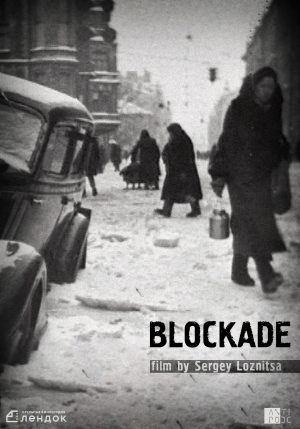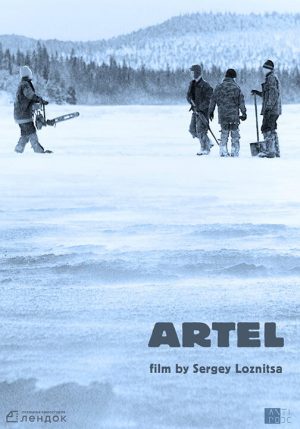Description
The year is 1960; the Soviets arrive on the African continent with the hope of building socialism right after a series of episodes named ‘The Colonialists Leave’. The striking puppetry of documentary characters is largely achieved through sound accentuation, hatching with voiceover. ‘The Soviets Arrive’ to teach mechanical existence, to teach its own internal structure, its own vocabulary of Soviet reports. Seriality is ironic; from a sculpture, Lenin becomes a painting, and from a painting he turned into a badge; Brezhnev also turns into a poster, and then gives badges to African children. In the screen space, the statue and the figure of a supposedly living person are one and the same thing, this is pure physicality, this is a full-lengthdoll; then the work of power is represented: the idol is imprinted on a poster, and then the remnants of its volume are divided into the seriality of small icons that is faultless in its mechanics. In the end, only the name will be a sign referring to this system like the name of Lenin at the entrance to his mausoleum, so little “Gagarins”will be born in Africa. But is there anything more dangerous hidden behind this mechanism of human copies?
About Director
After graduating from St. Petersburg State University of Film & TV, I did my post-graduate research at Film University Conrad Wolf in Potsdam (Germany, 2005) and then spent several years directing and producing documentaries for television as well as other film projects. I am the founder and director at Ukulele Film Company and an Associate Professor at St. Petersburg State University of Film & TV.
My forty-five minute film vividly captures the cultural perceptions, idiosyncrasies, and political biases embodied in the systematic work of Soviet film crews in Africa. My idea is to accentuate the poignancy of Soviet newsreels and documentary films about Africa, to render the propaganda even more propagandistic, and thus сall its bluff in certain fragments and tame its “bold flame” in others. This project is a work of documentary filmmaking, rooted in historical and archival research. It involves shifting the emphasis by undertaking a fast-paced review of the entire corpus of Soviet documentary footage on Africa.
















Maxim Matusevich –
This remarkable documentary brings to light an unusual chapter in Africa’s postcolonial history. In the aftermath of decolonization, the Soviet Union reached out to independent African nations in a concerted effort to gain new friends and allies in Moscow’s ongoing cold war confrontation with the West. The film draws on unique archival footage to capture the idiosyncratic, and often comical nature of such encounters between Soviet officials and their African partners. Through the lens of Soviet film crews we get a glimpse of a continent in transition, we observe the vaunted Soviet internationalism in action and, in the process, come to realize that the Soviet Union’s Western opponents hardly held a monopoly on the proverbial “colonial gaze.” Our Africa is documentary filmmaking at its best – an indispensable resource for scholars and students of African and Soviet history.
Maxim Matusevich,
Professor of Global History, Seton Hall University